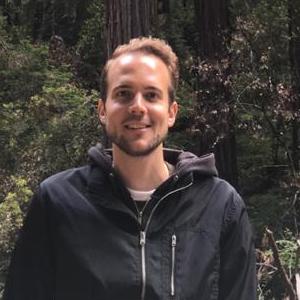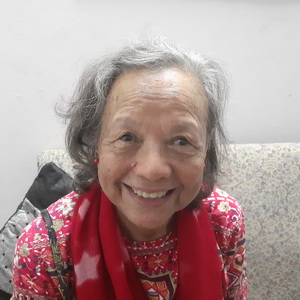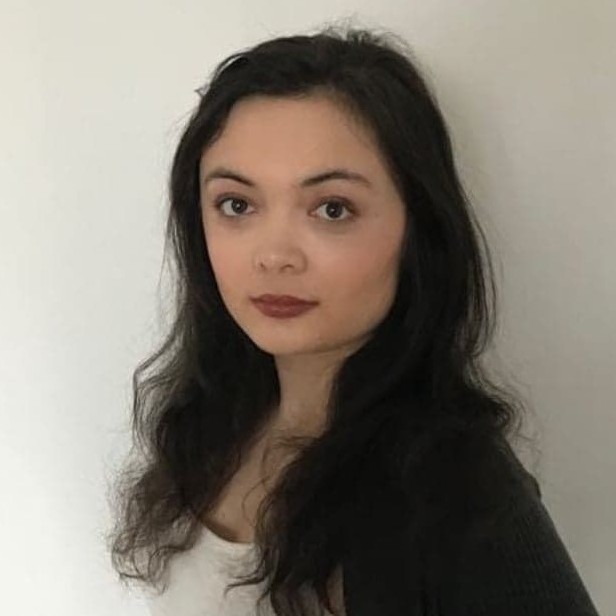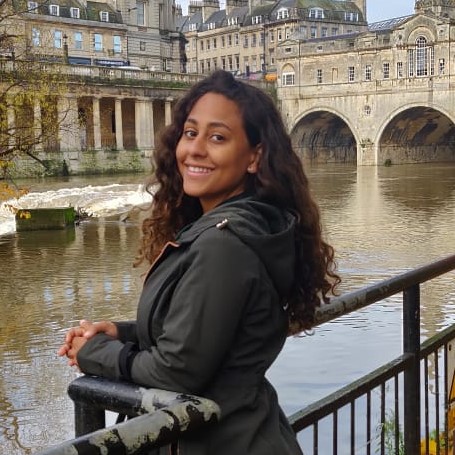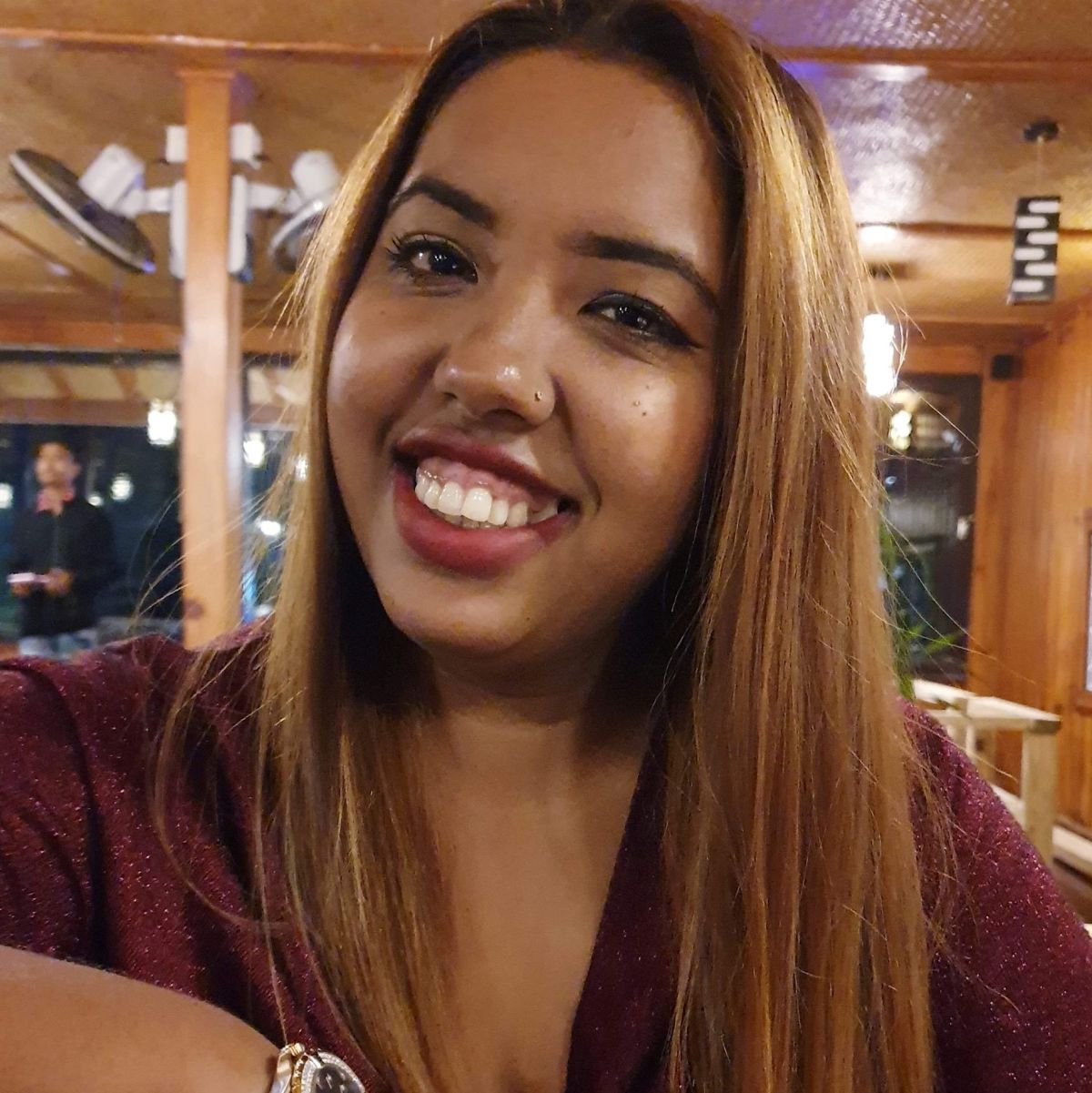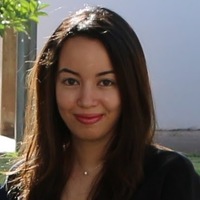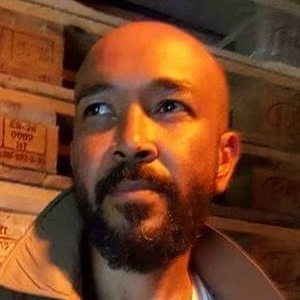Growing up in a Straight World
Retrospectively, it comes as no surprise. Everything around me gave me the impression that there
was only one sexuality within society. From tv shows I watched to books I read, couples and families I
knew, conversations with my friends, and things that we were taught in school.
Germany, Western Europe
Story by Luca Kraus
Published on June 17, 2020.
Reading time: 3 minutes
This story is also available in 





Content Warning: This story contains mentions of homophobia that can be upsetting for some readers.
In the first 12 years of my life, I was incapable of imagining the existence of someone like me, a homosexual person. This is not supposed to sound overly dramatic. I could not comprehend that it was even possible to like anyone other than women. That being homosexual was an actual reality. Although I had heard of the word “gay” before, it never occurred to me that it had anything to do with real people, that it was more than an abstract description of something negative.
Retrospectively, it comes as no surprise. Everything around me gave me the impression that there was only one sexuality within society. From tv shows, I watched to books I read, couples and families I knew, conversations with my friends, and things that we were taught in school. Everything was completely focused on the Straight default.
Of course, later, I discovered the truth about being gay, but I’d say it was not before puberty that I started to understand what my own personal reality was. Truth be told, any doubt should have ceased the moment I saw Orlando Bloom in Pirates of the Caribbean. But the mind is capable of incredible self-delusion when it faces a reality, which does not match the indoctrinated norms and values. It was during high school that society’s ignorance towards homosexuality was replaced with the rather cruel curiosity of my classmates. I started to be called certain names - faggot, sissy, homo - and I was forced to think about who I was.
It was the loneliest and hardest time of my life.
Why am I telling you all this? Because lately, I’ve constantly been asking myself why society makes a child or teenager go through this. I admit I grew up in a very small village (located 3 hours away from Frankfurt), and it might be different in big metropolitan areas. However, it is a fact that the representation of LGBTQ+[1] related issues and stories in our everyday life is underwhelmingly low. What still shocks me to the core is the complete absence of LGBTQ+ in the educational system, from kindergarten to all types of schools.
In Germany, a political discussion has been ongoing for several years now about the pros and cons of implementing LGBTQ+ related stories and content in schools. A lot of people seem to struggle with this thought and fear an unwelcome influence on Germany’s children if they get in touch with those things too early. They are on a seriously misguided path. LGBTQ+ youth often face greater injustices than their straight peers by living in constant self-doubt and pain from the onslaught of bullying, when their only crime is being different. According to “Coming Out Day e.V.”[2], a German association that aims to create awareness of the problems and struggles homosexual youth face, the stark reality is that the suicide attempt rate of homosexual youth is up to 4x higher than the attempt rate of heterosexual youth.
Let me be clear, undoubtedly, education is one of our greatest weapons and hopes to fight homophobia and create a truly accepting society. There are children out there who are listening, who are afraid, and who are wondering why it had to be them. We have the chance to change that and help them to understand that they are perfect just the way they are. All I’m asking is to talk about it and explain to them that being different is not equal to being abnormal.
Footnotes
[1] LGBTQIA+: Is an abbreviation that stands for the lesbian, gay, bisexual, transgender, queer, intersex, ally, or a-sexual community, as well as for anyone else that is not included by these descriptions (+).
[2] Coming-out-day.de (2020), “Lesbische und schwule Jugendliche haben eine vier- bis siebenmal höhere Suizidrate”, from: http://www.coming-out-day.de/informationen/fakten.html
How does this story make you feel?
Follow-up
Do you have any questions after reading this story? Do you want to follow-up on what you've just read? Get in touch with our team to learn more! Send an email to [email protected].
Talk about this Story
Please enable cookies to view the comments powered by Disqus.
Subscribe to our Monthly Newsletter
Stay up to date with new stories on Correspondents of the World by subscribing to our monthly newsletter:
Tags
Topic: Gender
> Nepal
Gender-Based Untouchability and Disaster Help in Nepal
A story by Chandra Bhadra
5 min
Article 1 of our constitution says everyone is eligible for a dignified life. If women are considered untouchables every month, where is their dignity? Read more...
> Nigeria
Untold Abortion Stories from Nigeria (2/4)
A story by H.T. Jagiri
5 min
Criminalizing abortion is a form of discrimination against women. Abortion is still illegal In Nigeria,but it hasn't stopped thousands of women from getting it. These women endanger their lives by seeking unsafe means to terminate pregnancy. In this series of stories, Hannah, writer, journalist and story ambassador for CotW talks to women who despite the dangers have decided to get an abortion. Read more...
> Netherlands
Period Problems (or Lack Thereof)
A story by Tara Rane Mandemaker
4 min English Audio available
By the time I turned 16 and still hadn’t gotten my first period, I had a suspicion that my body wasn’t like that of other girls. Read more...
Explore other Topics
Get involved
At Correspondents of the World, we want to contribute to a better understanding of one another in a world that seems to get smaller by the day - but somehow neglects to bring people closer together as well. We think that one of the most frequent reasons for misunderstanding and unnecessarily heated debates is that we don't really understand how each of us is affected differently by global issues.
Our aim is to change that with every personal story we share.
Community Worldwide
Correspondents of the World is not just this website, but also a great community of people from all over the world. While face-to-face meetings are difficult at the moment, our Facebook Community Group is THE place to be to meet other people invested in Correspondents of the World. We are currently running a series of online-tea talks to get to know each other better.











